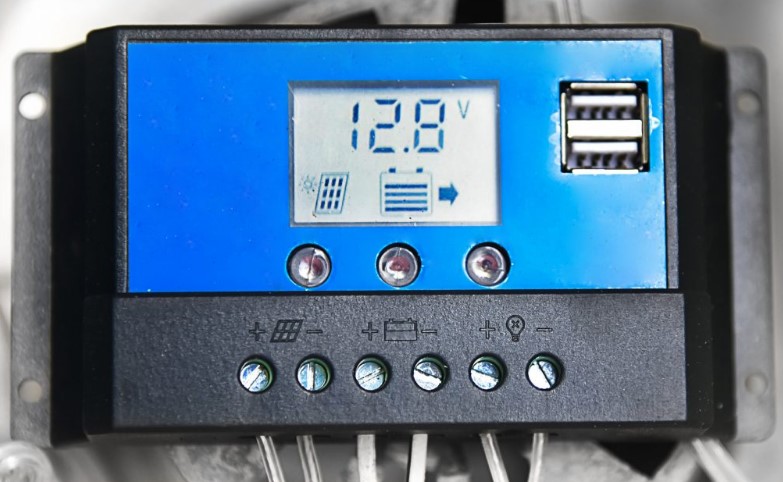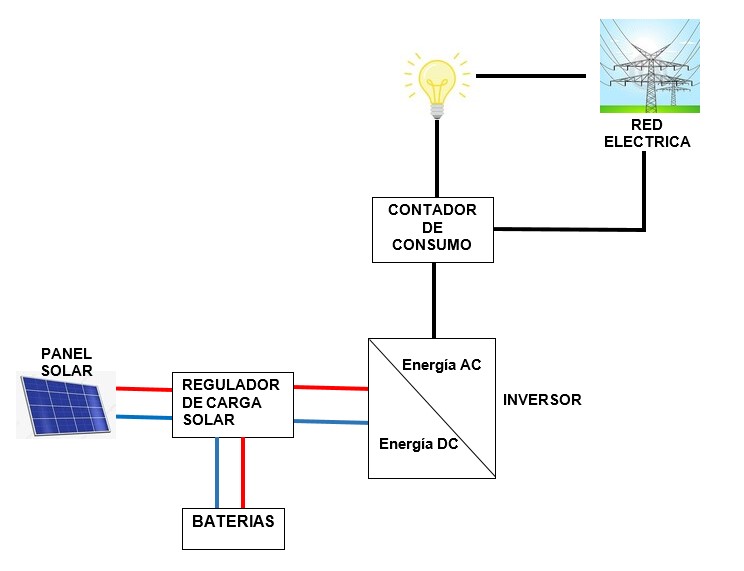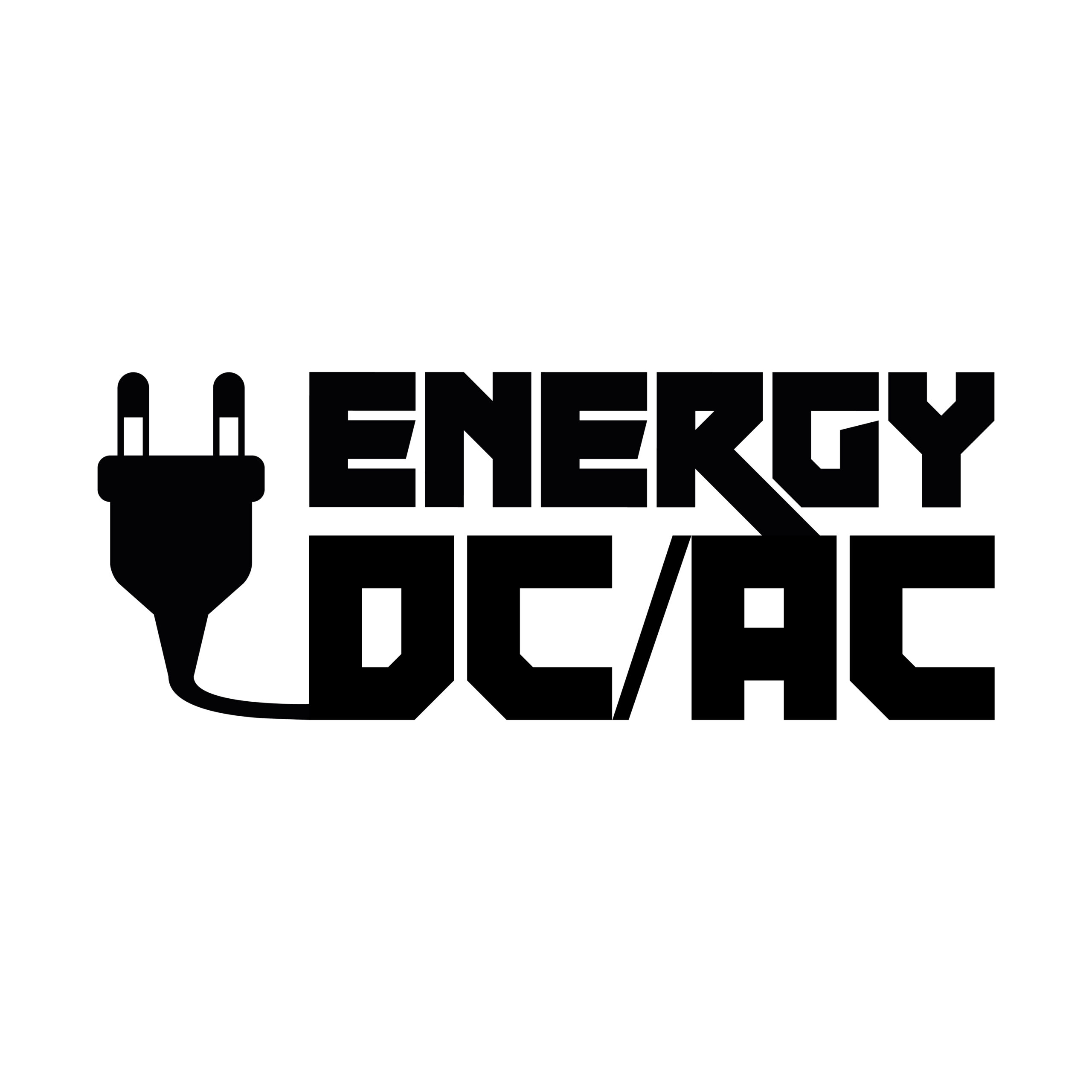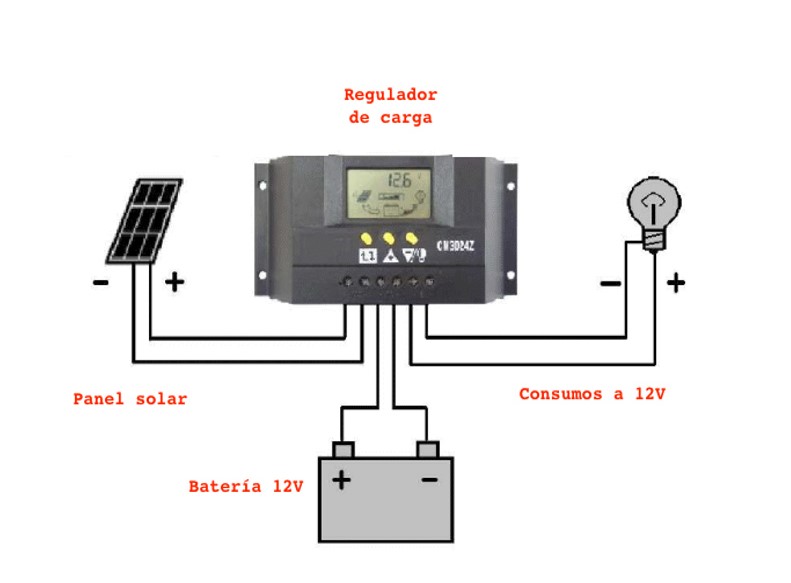Solar Energy
The solar charge controller: what it is and how it works
At present, solar energy has gained significant popularity as an environmentally friendly and sustainable energy solution. Photovoltaic systems are becoming increasingly common in homes, businesses, and agriculture. One of its simplest yet vital components is the solar charge controller.
This equipment plays a crucial role in achieving optimal performance. Not only in the overall system but also in each of its components, especially in the battery charging process in solar energy systems.
In the following sections, we will provide you with essential information about it so that you can understand its critical role. Before we proceed. We invite you to explore the various posts we have prepared for you, which are published on energydcac.
In these posts, we cover various aspects of photovoltaic energy systems. Now, let’s get started!
What is a Solar Charge Controller

This device, also known as a solar charge controller, is an electronic component. It is installed between the batteries and the solar panels to manage the electric current that flows from the panels to the batteries.
Below, you can see a diagram of a typical photovoltaic system, indicating the placement of the solar charge controller.

It also serves an important purpose, which is to protect the batteries from deep discharges and harmful overcharges. At the same time, it prevents the unwanted discharge of the battery when the panel is not producing electricity.
To achieve this, it only allows the current to flow from the panel to the battery; in the opposite direction, it behaves like an open circuit. This extends the life of the batteries, shields the solar panels from reverse current, and maintains the overall system efficiency.
How the solar charge controller works
The solar charge controller intelligently controls the flow of energy from the solar panels to the batteries. It ensures that the batteries are charged and ready for use with maximum energy efficiency in photovoltaic systems.
At the same time, it prevents events such as deep and prolonged discharges and overcharges. Let’s take a look at the processes that occur during the operation of this device.
Constant monitoring of the parameters of the solar panels
It tracks the current and voltage coming from the solar panels and, based on that, determines the level of solar radiation.
This action is especially useful for adjusting the battery charging process, as well as power distribution for loads. All while providing greater energy efficiency in photovoltaic systems.
Controls the battery charging
With this function, the solar charge controller ensures safe and proper battery charging. It has a maximum battery charging voltage setting.
Once the battery voltage reaches this value, it gradually reduces the charging power until it finally disconnects.
This prevents the battery from continuing to receive energy that would overcharge it and potentially cause irreversible damage
It does not allow deep discharges of the battery
Similarly to the previous case, the solar charge controller has a minimum voltage setting. When the battery is in use and reaches this critical voltage value, it disconnects to prevent further discharge. This extends the battery’s lifespan.
Regulates the energy supplied to the inverter
Depending on the load of the inverter, the solar charge controller manages the energy flow to it.
An example is when the inverter requires more energy than the solar panels can provide. In this case, the solar charge controller ensures that this electricity deficit is supplied by the battery.
We invite you to read our next article titled Types of solar charge controllers and the benefits they provide Don’t miss it!
And if you want to learn more about the benefits of solar energy, we recommend reading our article Advantages of photovoltaic or solar energy systems. Discover how solar energy can change your life and visit energydcac right now!

